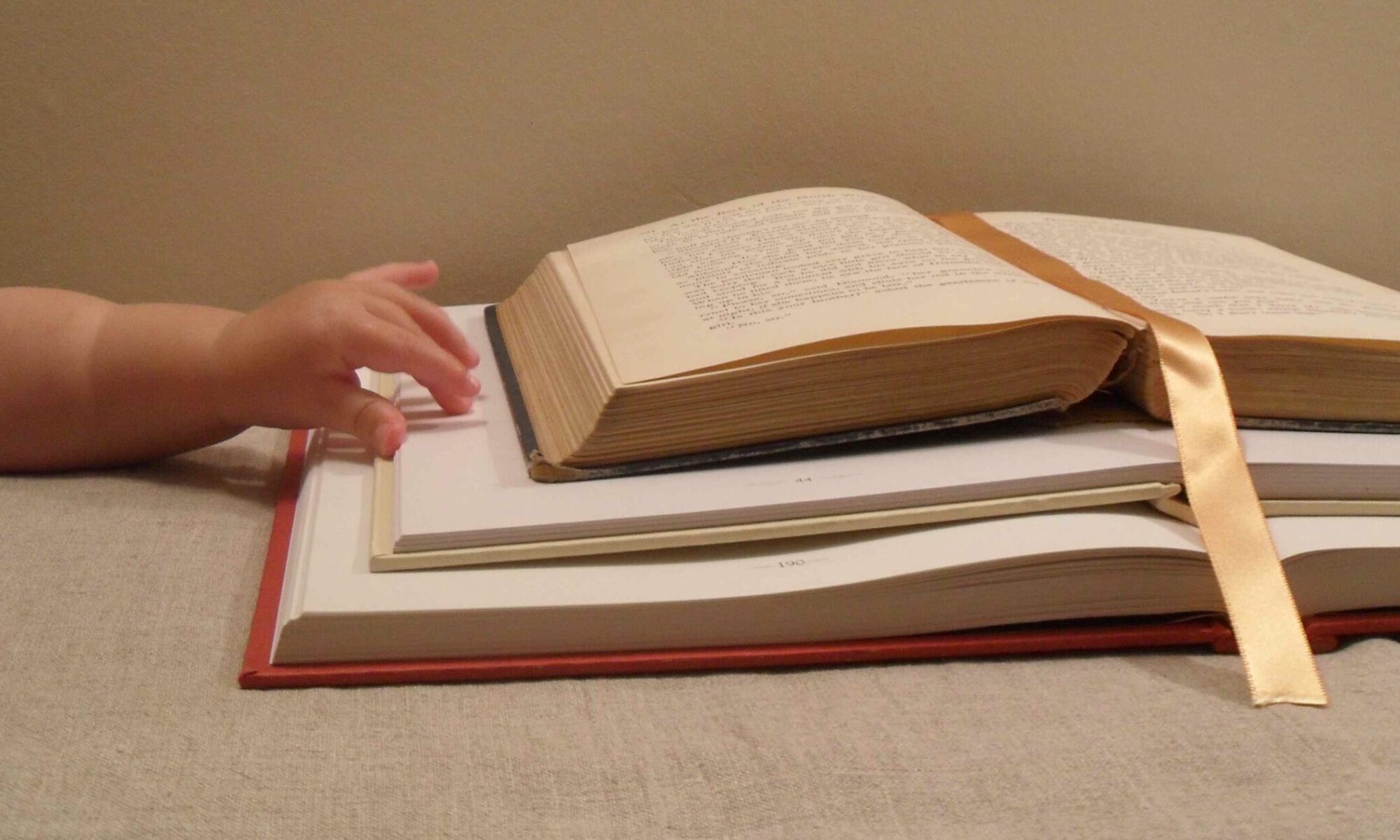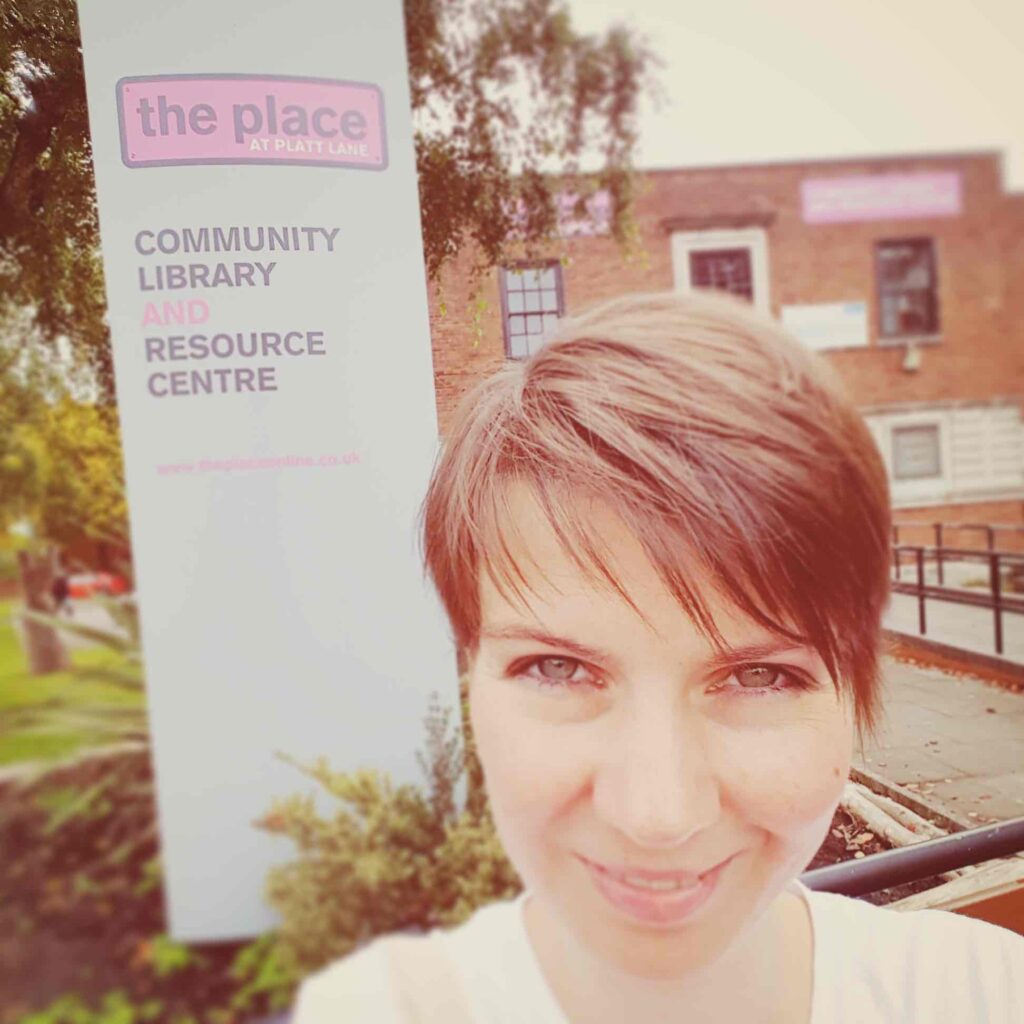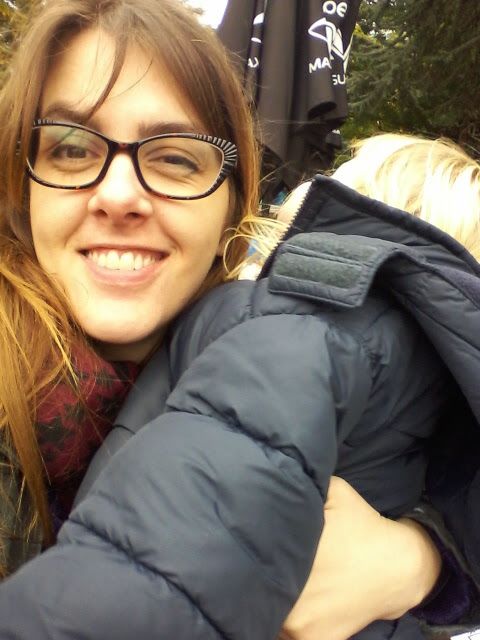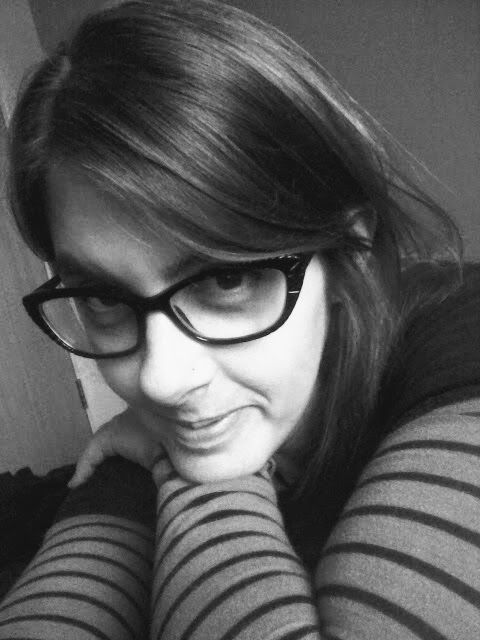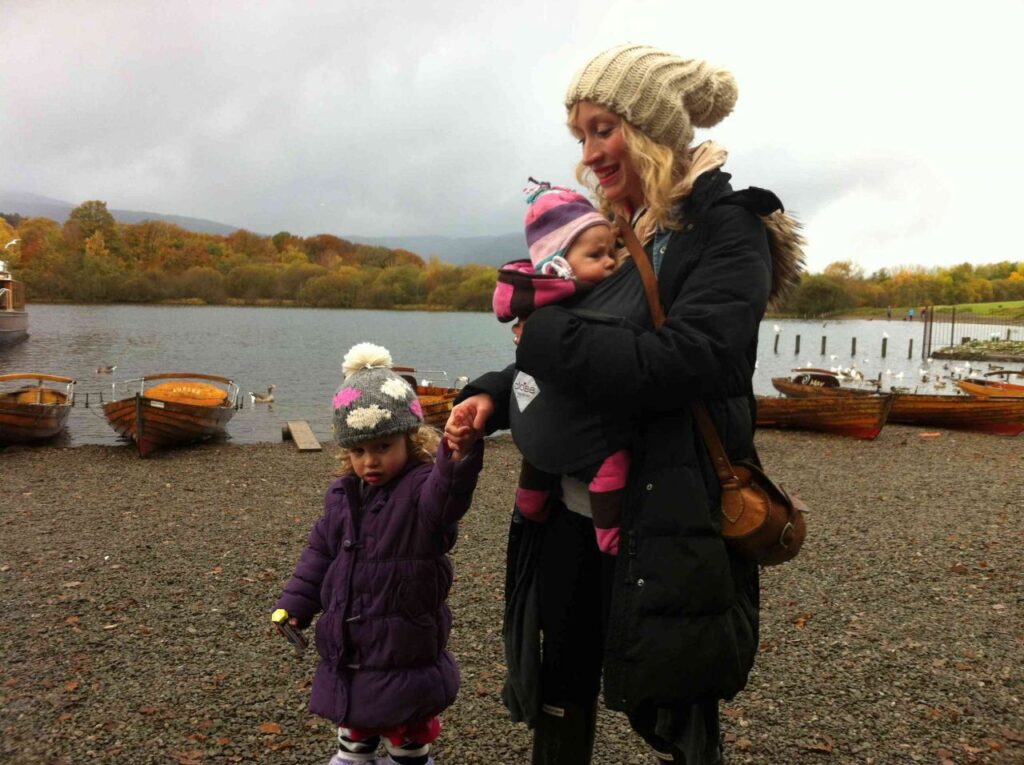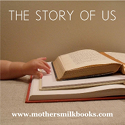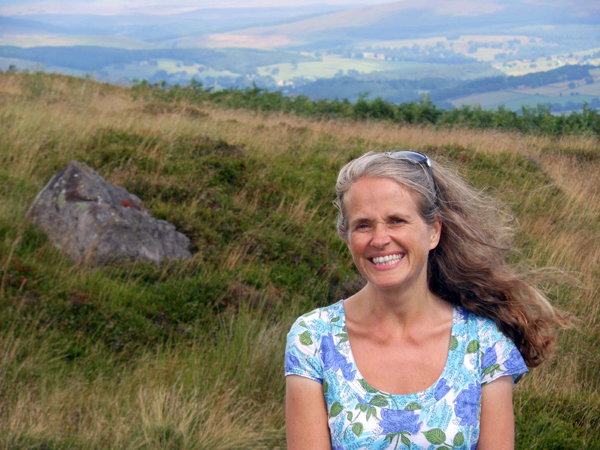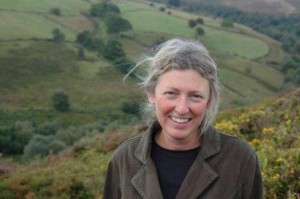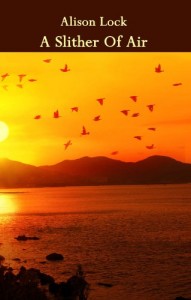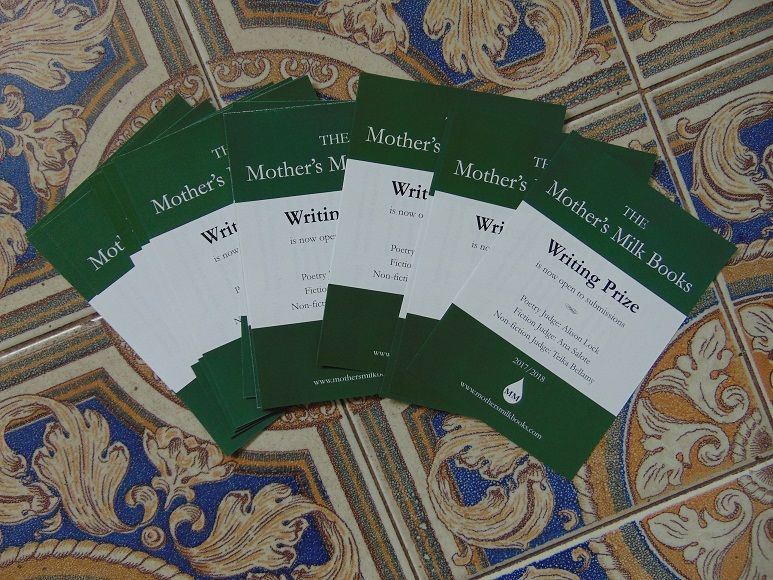
Finally, and despite various technological problems (a major computer crash!) I am very happy indeed to be able to share the results of our 2017 Writing Prize. Many, many thanks to all those who entered and trusted us with their writing. And many, many thanks to the poetry judge, Alison Lock and fiction judge, Ana Salote for reading, considering and making final decisions.
Poetry Category (Adult)
Winner: ‘First Light’ by Laura Potts
Runners-up: ‘Faith’ by Rachel Bower and ‘Oyster’ by Rachel Bower
Commendeds: ‘Two (for R and F)’ by Jenny Barton, ‘Son, at Aberdyfi’ by Suzanne Iuppa, ‘Petrified’ by Louise Larchbourne, ‘Midnight and Saffron’ by Maggie Mackay
Poetry Category (Children)
Winner: ‘Secret Island’ by Izzy Mattesini
Commendeds: ‘Tigers’ by Lanora Clarke and ‘Another Day’ by Annie Young
Poetry Judge, Alison Lock’s Report
It has been an absolute pleasure to read the poems submitted for the Mother’s Milk Books Writing Prize. It was Mother’s Day when I first read the many intense and passionate invocations of love for a newborn child, about the hardships of mothering, the sleepless nights. Many poems resonated with me and took me back to my early mothering days. I even shed a few tears.
I was also daunted – how was I ever going to choose a winner from so many good poems. I decided the only way was to be methodical, so I set to work by compiling a list of criteria to work through with each poem. I looked at the style, the presentation, the language, punctuation, the form each poem took, the rhythm, and asked whether the title added anything. And then there was the theme, how original was it, how compelling? How did the imagery enhance the subject? And finally, universality – was this a poem that would speak to many? Did it capture the human condition?
After much consideration, I had my long-list. I let it settle, and then I went back to it. I wanted to hear how they sounded. I waited until I was alone and then read them aloud, first indoors, then outdoors. I believe that poems are far more than words balanced on a page and that it’s important to hear how they sound – to listen to their music by allowing a poem to echo against the walls, or to feel it catch on the wind.
The winner was always there I realised, right from the first reading, but I had to be sure. It was more difficult to choose the second and third places from the shortlist.
Winner: ‘First Light’, ticked all the criteria, but it was not just that – I shivered when I read it aloud, as though it was singing out to me. I could hear the mother’s voice ‘…chiming/like goblets/through lobes/of the trees’. I could see her waiting ‘…where the tiny light asleep/is her/moon man…’ I loved the way this poem made use of the white spaces, the periphery. This is a poem that owns the page, it yearns to be read.
Runner-up: ‘Faith’. A beautiful evocation of a woman’s connection with her instincts, to her connection with nature, the ‘rock salt and lime’, ‘[b]lack tea, laced with a feather of rose/breathed through soft lips’ – an alternative to the ‘accepted norms’ of childbirth. I love the ‘mole-soft smell of baby hair’ – so evocative. This poem was full of fabulous imagery.
Runner-up: ‘Oyster’. The opening line takes us straight into a fairy tale – ‘As he sleeps, she spoons light from the jug/and sprinkles it over the floorboards.’ While her baby sleeps the mother ‘works quickly’, but these are no mundane housekeeping tasks. Transformed by the world of the child, she is ‘scattering petals and droplets of wax.’
Winning Children’s Poem: ‘The secret island’. Lots of images, rhyme, and alliteration – ‘whispering willows/creaky and crooked…’ – this poem was exciting; a poem with lots of action, and I wanted to be there.
*
First Light
It is somewhere in a sometime
that a long late light
on the other side of this city’s eyes
holds the dark hills
and the voice of a mother
is chiming
like goblets
through the lobes
of the trees
in that moment when she cradles
in the crick of her bone
the silver limbs
the candled skin
and there are moons
which are trembling
and spin
in the warm air
where the tiny light asleep
is her
moon man
her lamplight
shipwrecked
at sea
and one day the soldier
slumped to his
knees.
LAURA POTTS
*
The Secret Island
The river that flows
and the whispering willows
creaky and crooked a pathway for us,
bubbling waters and icy-cold swimming
adventures at moonlight with plenty of daring.
Rock pools and ridges a wonder for dens
and when storms come the treasures we find
that have been left on the shore behind.
Brightly coloured bushes and fire-wood we need
a pathway above us with roots and leaves.
Our secret island we visit each year
and this to us is why it’s so dear.
IZZY MATTESINI (aged 10)
*
Fiction Category
Winner: ‘In Fear’s Eyes’ by Jess Thomas
Runners-up: ‘A Wingless Wedding’ by Elizabeth Hopkinson and ‘Baby Steps’ by Dervla McCormick
Commendeds: ‘Poppy Day’ by Corinne Atherton and ‘Bella and the Beast’ by Fiona Ross
Fiction Judge, Ana Salote’s Report
Writers are naturally people watchers and lovers of words. Being asked to judge a writing competition is an invitation to do both. Each story is a window into someone else’s world: their preoccupations, ideas and patterns of expression. It’s an interesting and enjoyable process.
In line with the Mother’s Milk remit many of the stories submitted focused on parenting. When so much of what manifests in the world can be traced back to parenting this is an inexhaustible and critical issue to explore. Each unique family dynamic has the potential to perpetuate good or evil. There’s also a vast seam to explore in what parents can learn from children. Feminism and relationships are equally wide topics and it was good to see writers considering these issues with some very individual standpoints.
Winner: ‘In Fear’s Eyes’. There’s an instant hook in the opening line of this story which marks it out as something different. The writer has chosen to personify an emotion that stalks all of us throughout life, but which intensifies when we become parents. The stakes are raised by love. Fears begin in pregnancy and continue throughout the birth process. With our newborns we are hyper-vigilant to every breathing pattern, rash and temperature change, and so it goes on as the child grows and new risks emerge. It’s a story that examines fear and resilience and what children can teach us about facing fears and embracing the new.
Runner-up: ‘A Wingless Wedding’. A sci-fi look at relationships uses a short form to ask big questions about love and sex. The erosion of sexual apartheid mirrors what is happening today with new self-defined gender categories. What is the role of physical bonding in relationships? What form does union without desire take? Fathers are at one remove from the gestation and birthing process, where do they fit if the genetic link is also removed? Different forms of love, eros and philia, alternating through generations gives plenty of food for thought.
Runner-up: ‘Baby Steps’. We all know pushy parents but what happens when the child is the driven one? Enlightened parenting strikes a balance between encouraging independence and protection, between allowing talents to flourish and forcing or moulding. This story sets up the dynamic between a determined, ambitious child and a parent who supports with a light touch. We see how the dynamic plays out in childhood and later in the face of tragedy.
In Fear’s Eyes
Once there was a woman who saw me, and fought me. There isn’t a time when I am not around, but I’m felt, not seen. Some have called me doom, others think I am the sense of their mortality, and I am both those things because I am fear.
‘Why not try a water birth?’ the midwife asked Melissa, and as her eyes widened I found the chink in her armour.
‘No thanks,’ my prey replied, ‘I don’t really like water.’ It was music to my ears.
*
For every one of her twenty-nine years, I have stalked Melissa. As a child she only knew the sweetest dreams, she climbed the sofa, fell down the stairs, burnt her fingers on the oven, and crawled on, always curious, and always happy. I followed the risky teenager, the one who ran over rail tracks, drank vodka under bridge trusses, and still aced her exams. Then she became a backpacker, and I chased her across zip wires, and as she parachuted from planes. Never could I catch her. Melissa was gifted with an impenetrable force field, not unlike a golden aura. It engulfed her body, and kept her from me, year after year.
There were things she didn’t like, of course. Spiders gave her goose pimples, especially while they flickered in her hands as she threw them out of her home. Heights made her queasy, never more so than just before a bungee jump or sky dive. Then there was water, which she simply avoided. Why hadn’t I seen it before? The dilated pupils, the beautiful precursor to my way in, why would I have missed that?
It was because the baby was drawing upon that forcefield. As soon as she started ‘trying’, I was there waiting, a shadow in the background of each failed test. Each loss. The glow fading, getting thinner and thinner, but still impenetrable. All I needed to do was wait.
Having ruled out the birthing pool, she took to the bed. Knowing my moment was coming, I must have become too excited, too palpable, for she looked right at me for some time, not through me, but at me. I turned, as one does, to see if she fixed her eyes on someone behind me, but there was only myself and the wall.
Pethidine, Entonox, Epidural, forceps, suction, then finally the scalpel, all the while looking in my eyes.
How dare she threaten me in such a fashion? So insolent, and disrespectful. I knew what I was going to do, if I couldn’t have her.
The surgeon announced the final incision, the cut through the womb, and as I turned, the golden light surrounding her child blinded me. No wonder hers had become so weak. It was pumping down the umbilical cord, in final bursts before the doctor severed the attachment. When the baby cried, Melissa stopped staring at me. Her smile was one of elation, and not just that, I swear I saw triumph.
Now, there is one thing I know about new mothers – they are easy prey. The foolish woman thought she’d won, but I knew all about what was to come, and I knew better than she could imagine, just how simple it was going to be for me in the coming months. I waited.
It is difficult to admit my continuous failure in those first two years. Her aura blocked all my usual routes in; the constant check of breathing, the temperatures, the rashes, the varied nappy contents, even the apnoea alarm sounding when the baby wriggled out of its zone. Melissa’s defence was still dim, but still there. Then came the weaning, and I didn’t even get a chance when the child gagged, she even explained it as a natural reflex. Far too relaxed a demeaner. I tried to find a way in with MMR. In desperation I even managed to wriggle the latch loose on the baby-gate, but the father spotted it, and fixed it promptly.
Now he was easy, far more than her. And, although I infiltrated him it only seemed to cause him to act. He fixed the baby-gate, got a webcam, attached rubber to every corner, put clips on cupboards, buffers on doors, and even let the baby eat dirt ‘to build its immune system’. I couldn’t comprehend him. But he did find me the route in to Melissa.
‘Two things on which I’ll put my foot down,’ he said, ‘learning to ride a bike, and learning to swim. They’re life skills Mel.’
It was beautiful. Her glow faded to less than a shimmer. I was almost in, and I would have bet on the pool bringing down the final barrier. Her husband went into the water with their two-year-old, and Melissa sat with me on the side. At one point I thought she was going to take my hand, and suddenly invite me in, with open arms.
As the child’s toes touched the water, it let out a shriek. For a moment it distracted me from Melissa, the fresh opportunity to consume the child as its glow disappeared in a flash. Instantly, I was all around, flitting from child to child, parent to parent, and I turned in time to see what I’d been dreaming of. Melissa, eyes closed, biting her lip, devoid of armour. I was in. I gripped her, ready to make her terrified, poised with a panic attack, right up until she strangled me.
At first, I was unsure of what was happening, and as I suffocated I twisted and turned, then I heard it: laughter. There, in the water, the child was laughing. It gurgled. The shrieks were ones of joy. Before my eyes it regained its glow, the light growing stronger and deeper until it reached out a cord to Melissa and began pumping her guard with light in growing bursts. The cord wrapped around my neck, once, twice, then thrice. I kept fighting.
I fought back, right up until the end I grappled with her in the changing room, thinking I could win her over with the slippery floor, and dirty changing mat, but she only grew stronger. Once she changed the baby, and started walking out of the leisure centre, I was tired but still trying. Then she walked up to the counter, and killed me.
‘I’d like to book on to adult swimming lessons please,’ she said.
Behind the receptionist was a mirrored wall, and as she paid for the course she looked at her reflection. The last thing I saw before I gave up the fight, was her smile, and it was one of triumph. Once she was a woman who saw me, and fought me. Now, there isn’t a time when I am not around, but sadly, she just ignores me.
JESS THOMAS
*
Non-fiction Category
Winner: ‘Axis’ by Victoria Bennett
Runners-up: ‘For Creativity’ by Rachel Rivett and ‘Confession’ by Alison Bond McNally
Commendeds: ‘Our First Words’ by Laura McGarry, ‘A Chocolate Tickle’ by Leslie Muzingo, ‘How to Give Birth in Twenty Simple Steps’ by Christine Grant, ‘Jammy Dodger’ by Rachel O’Leary, ‘Something to Keep’ by Angi Holden, ‘Women Like You’ by Jess Thomas, ‘Auntie Ellie’ by Annabel Barker, ‘Memory’ by Dawn Rapson, ‘Into the Abyss’ by Caroline Cole
Non-fiction Judge, Teika Bellamy’s Report
Although I established the Writing Prize 5 years ago and have been its main organizer ever since, I have never been involved with the judging. Until this year. So I came to the process intrigued, if a little daunted, since I knew that the quality of the submissions was always very high. This year was no exception and my non-fiction pile was full of exceptional pieces. But after much reading and deliberation I came to a decision.
Winner: ‘Axis’. As soon as I started reading this piece I was drawn into the narrator’s story, and found myself in that dream-like state of total absorption in the words before me. That’s a wonderful, though often rare, place to be. Its major theme is the clash of death and life – something that virtually everyone can relate to – and the conflict it brings to the narrator. There are no clichés or platitudes here. No manicured neatness. Simply the messy stuff of grief, new motherhood, love and fear. This piece deserves to be read and shared far and wide.
Runner-up: ‘For Creativity’. Being a fan of Tolkien and wholeheartedly agreeing with his stance on the value of the genre of fantasy, I was delighted to see the author quote Tolkien in this passionate, though well-researched, argument for the importance of creativity for our individual (and societal) wellbeing. This is a powerful and expertly written piece.
Runner-up: ‘Confession’. Over the years I’ve been running Mother’s Milk Books I’ve read a huge amount of prose about new motherhood and seen so many approaches to this complex and deeply emotive experience. Many of the approaches seem over-familiar. But not this one. In ‘Confession’ the author likens the experience of going to the doctor’s with her newborn for a routine postnatal check-up to the experience of a religious confession. It is honest and painful and raw, and yet so relatable. Again, another stunning piece of writing.
And…
Every time I wondered about whether or not it was possible to make my commended list slightly smaller I answered with a resounding ‘No’! I loved and appreciated reading every single one of the commendeds, and with my publisher’s hat on I knew that, given the resources, I would happily publish every single one, since they are all original, well-written and thought-provoking. I would definitely like to read more from these authors in the future.
*
Axis
It is three in the morning…
I write the words over and over, just to see the ink take shape, but still it does not fit.
Twelve hours. That is all it takes to change a life. See me then, before. Here I am. I am laughing, sharing home-cooked stew with my husband in front of the fire. Blue sky gives way to the bruising of clouds. Rain falls against my window. The telephone rings, but I do not answer. If it is important they will call back. We are in love – with life, with each other, with this baby that kicks and rolls inside of me. We are making plans.
It has taken a long time to reach here. We were cautious. We whispered in the dark. The thin blue line, the expectant hush, the prayers. We did not dare to window-shop the future. Instead, we celebrated each moment, each growing ball of nerves, each small increment of life: this day our baby is growing fingernails; this day, our baby is six centimetres small, but recently we have started to believe. We are building new horizons.
October pivots on its axis. Like winter hovering, I sense some shadows, but this day gives itself to light. These are the moments we almost miss. The purity of joy. We think we can hold them forever, that we have arrived at some state of being, but as all things, this too shall pass.
The third time the telephone rings, my husband answers it. Something in his voice is strange. He hangs up and turns to me, and I can see he is trying to find the words to speak.
My sister has been in a canoeing accident. They are keeping her heart going and trying to increase her temperature. No one mentions drowning. No one explains.
I stop eating. I don’t believe in any God, yet I am praying…she will be ok, she will be ok, she will be ok, she will be ok, she will be ok, she will be ok, she will be ok, she will be ok, she will be ok, she will be ok….
The telephone rings again. My husband answers. There is a pause.
She is not ok.
A scream leaves my belly, rips out whatever was there before and hurls it across the room. I rock. Hands try to comfort. I am told not to cry. I must think about the baby. I must think about the baby.
And that is that. She is gone. I must sleep, but I cannot, and the sight of my husband’s sleeping face makes me angry, so I get up and go to another room, sit in bed and try to write.
It is three in the morning and my sister is dead…
Exhaustion takes hold, but only momentarily. When I wake it hurts more. I am waiting for morning to come and wishing it would stay away. The baby kicks inside me. It is agitated. I want to escape it, escape this body for an hour, drink a brandy, smoke a joint, knock myself out until the light comes but I don’t, because I am carrying life inside me and I must think about the baby. This baby, who will be born into loss and will never know that once upon a time, life was different.
My sister, who took me swimming at midnight under a yellow city moon, who sang the Reefer Blues, who refused to let go of the wire even though the police were approaching, who taught me Joni Mitchell songs and how to spell the word ‘feminist’, who when I was twelve told me not-to-let-the-bastards-get-me-down, who stuck my life together at nineteen with hope, love and lentils, who burnt curtains with Christmas decorations and belly-danced in shimmering gold before my marriage day, who had hair the colour of honey and fairytales, who twirled in flowers to the chants of eastern gurus and sang Babooshka in long skirts skimming across the summer grass, who arrived in a rainbow of ribbons and blonde-haired children, apologising her way into every late day, who placed her hand on my growing belly and chattered to my unborn child. My sister, whom I loved and worshipped, who always broke my heart with her sadness, who took until I was twenty-six to tell me why, who broke a bridge with the words of truth that we were only just beginning to rebuild.
Now, no time can be returned, and waiting in the wings is a tidal wave of shame and anger and guilt and it makes no sense. It will never make sense.
Where was she? What happened? Was she alone? Why? When? It is suddenly very important to know the small details, to anchor the hugeness of loss against the physical facts. To know the how, when knowing the why is impossible and yet, it is not important at all, because she is dead. My sister, always late for everything, is early for death, and her death leaves behind a shape I do not know. No more ‘six children’, no more ‘four daughters’. No more but the stories she leaves, and those hurt too much.
I touch my belly in the dark. I am scared. How much can I bend in the storm? My body vibrates in pain. Everything aches or throbs or stings. Sleep runs faster away. The future disappears, and so does the past.
A swift kick to the ribs tells me that life continues, even in the fog of this pain. I must sleep, rest, eat, relax, nest, prepare, be strong, give birth, release. We must keep going, but right now time sticks, enters a different zone where I stumble, not knowing how to move my body in this new atmosphere, not knowing how I am supposed to do this. The words are too small, the faith too small, the loss too big. No time for platitudes. I know life is transient. I know it is fragile, that as one falls another waits to be born. The cycle continues. I know the metaphor but right now, it hurts too much.
The monster under the bed turns out to be real after all. It has come out from the dark and eaten my sister, and what do I do with that?
VICTORIA BENNETT
